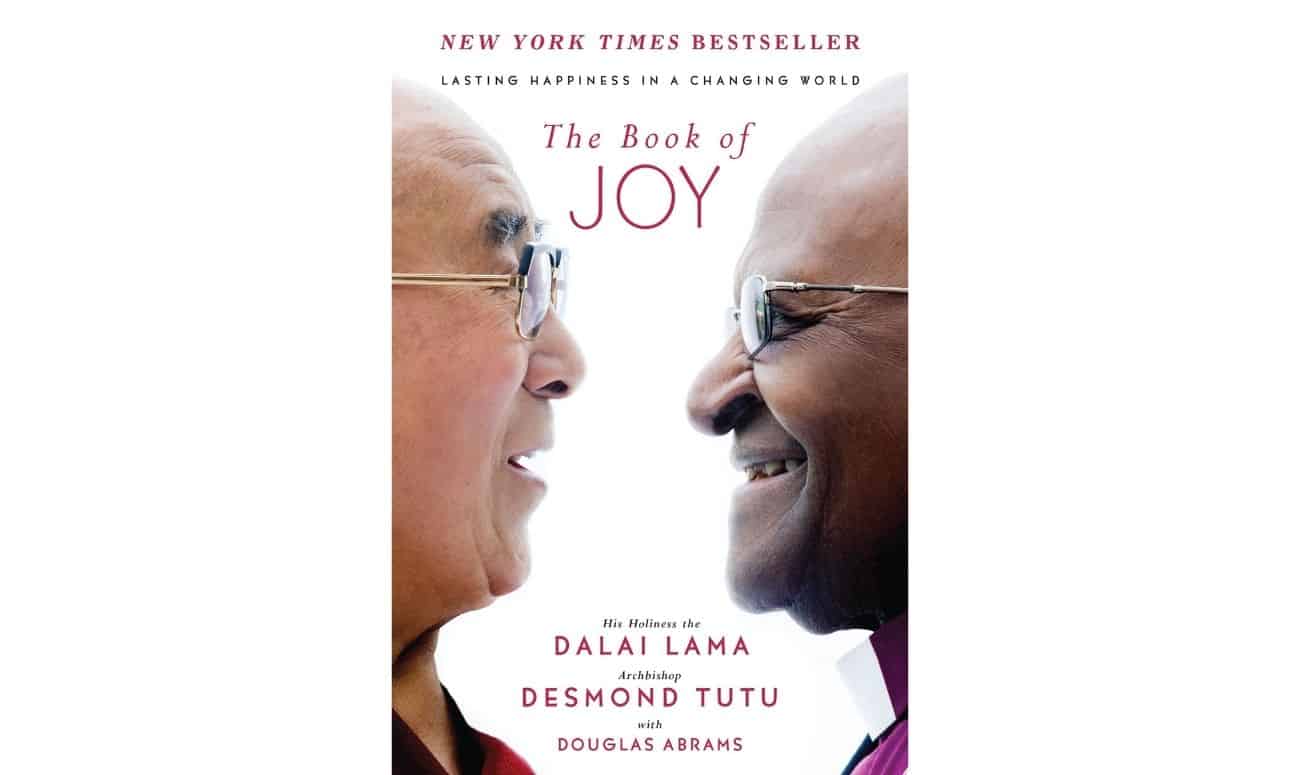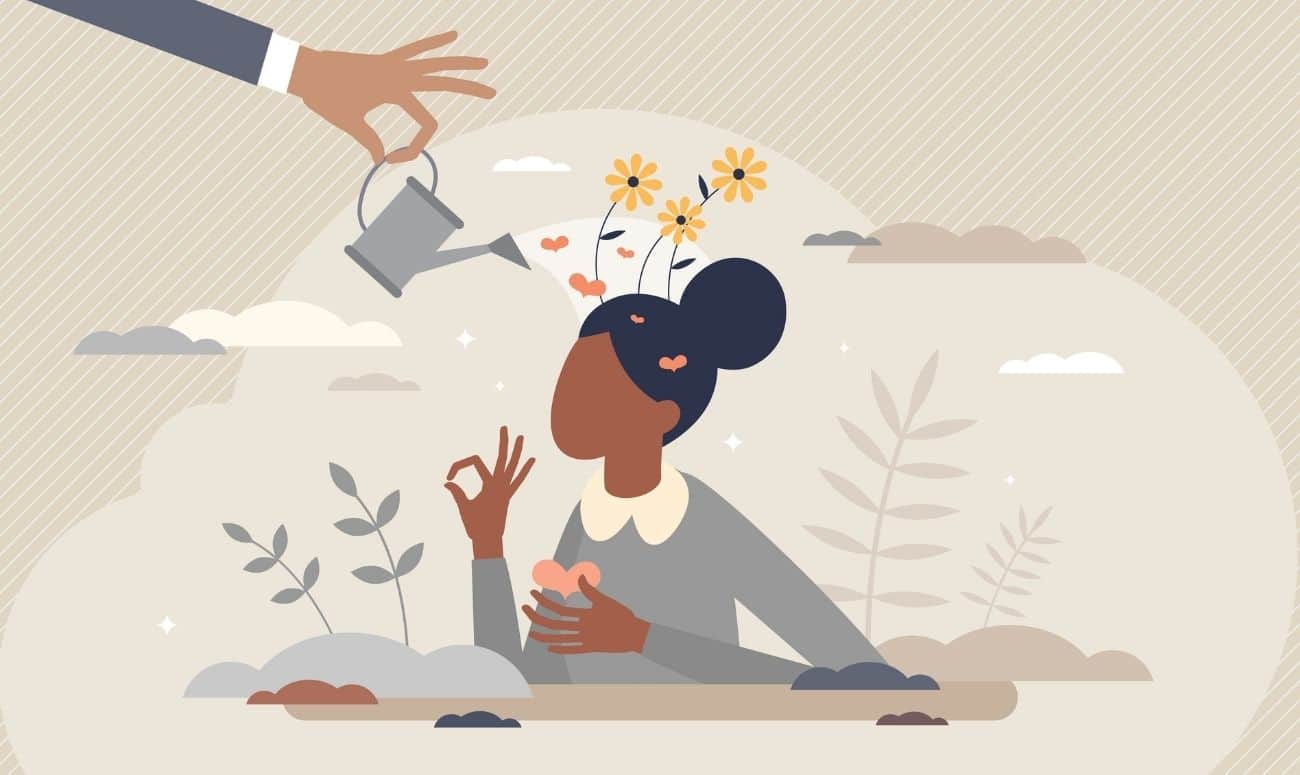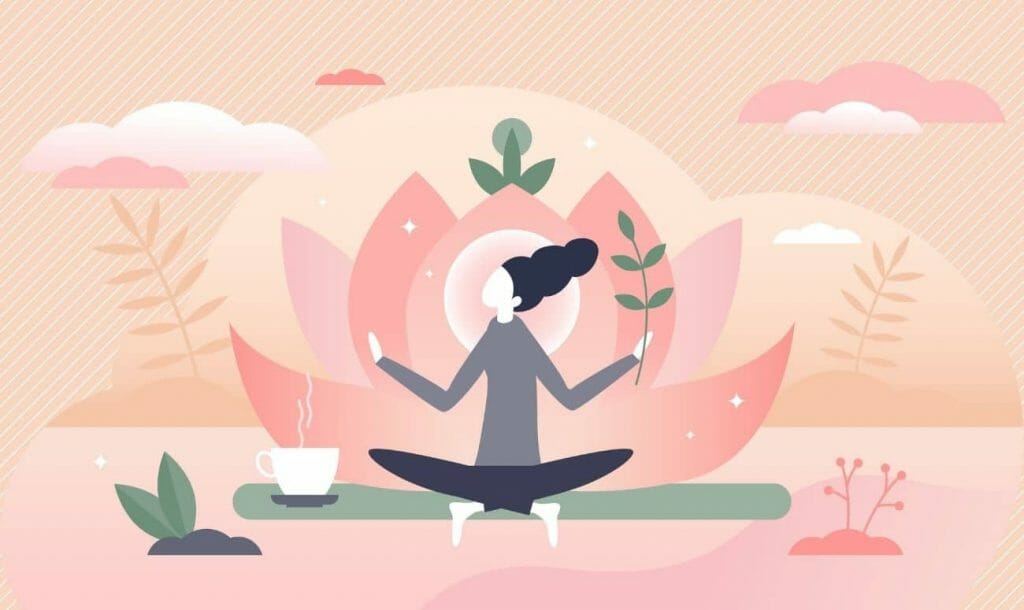“The goal is not just to create joy for ourselves, but to be a reservoir of joy, an oasis of peace, a pool of serenity that can ripple out to all those around you.” This is the entire build-up for this book, The Book Of Joy: Lasting Happiness In A Changing World by Dalai Lama and Desmond Tutu. This book is a note on all the things that were discussed by these two spiritual leaders during the celebration of Dalai Lama’s 80th birthday. The speeches of these two leaders were collated by Douglas Abrams.
The two leaders discussed the similarities and differences in their understanding of joy, suffering, acceptance, and a lot of other things depending on their understanding and perceptions from their spiritual traditions.
Here are 5 lessons that we absolutely love from this book:

Understanding of joy
Both the spiritual leaders markedly used the term joy over happiness. They moved on to explain that happiness is fleeting and most of the time depends on external influence. On the other hand, joy is grounded and includes the understanding of meaning, growth, and acceptance. They also talk of how all of us are in search of a deeper meaningful connection over time and not fleeting and superficial moments of happiness. Joy is our natural state, and the purpose of everything we do and every moment of our life is because we are trying to reconnect with that true state of our being.
What is the purpose of anger?
Anger is most of the time pegged as a negative emotion by most of us. It’s not that anger is not negative, but it isn’t the primary emotion. Anger stems from the primary emotions of fear, hurt, pain, and injustice. When you focus on eliminating anger and even if you succeed in doing so, but the underlying emotions remain, then the anger resurfacing is high. In The Book Of Joy, we’re reminded of the workings of these primary and secondary emotions. It also talks about how we can work on yourselves for eliminating the primary emotions. The Book Of Joy also talks about righteous anger which is based on and chosen from the support of others, and as a response to justice. As opposed to reactive anger that is based on your emotions for the self.
Defining acceptance
“I learnt that courage is not the absence of fear, but out triumph over it.” – Nelson Mandela
This quote by Nelson Mandela reminds us that each emotion or situation that we face has two possible responses, a positive and a negative one. It is what we choose to focus on is what becomes our response. Loss can either inspire despair and sadness or growth and learning. It depends on our own understanding and perception of empathy and compassion as to what we choose to focus on.

The grace of suffering
Suffering is more dependent on our relationship with others than with ourselves. It depends on how we relate to each other, which emotion do we choose to focus on while interacting with others is what causes or doesn’t cause suffering. Suffering stems from feelings of envy, competitiveness, and contempt. But the best part is that we can look for the meaning and purpose in our suffering. Understanding and accepting our reasons and feeling of suffering is important in order to appreciate joy, to learn, and to grow.
8 Pillars of joy
The entire basis for this book are these eight pillars of joy. It is paramount to understand these pillars to understand the other things that Dalai Lama and Desmond Tutu explain.
Perspective – Taking a sacred pause and finding the widest perspective helps us solve problems with creativity and compassion rather than rigidity and reactivity.
Humility – Discover how you depend on others. You are only one of 7 billion people.
Humour – Find ways to laugh at your faults, limitation, and foibles. Laugh at yourself. Laugh at life.
Acceptance – Don’t argue with what was or is. Don’t argue with reality.
Forgiveness – Tell your story. Name the hurt. Grant forgiveness. Renew or release the relationship.
Gratitude – Be thankful for what goes well and the learning and growth possible when things don’t go well.
Compassion – Be free from suffering. Be healthy. Be happy. Be peaceful and joyful. Begin with yourself, then those you love, then those you know, then those you don’t know, and then those you fear or anger you.
Generosity – Offer more and more and more to others, resources, compassion, forgiveness, understanding, and see what comes back to you.
Who is this book for?
This book is for all those who want to make the most of their life. It’s for those who want to understand and guide their understanding of love, life, and joy in the right direction. There is no specific age group to read this book.
Where can you get it?
The Book Of Joy: Lasting Happiness in a Changing World is available in all the major bookstores offline and online.
Book Title: The Book Of Joy: Lasting Happiness in a Changing World
Publication: Cornerstone Publishers
Price: ₹455
Go ahead and read this life-changing book by the world-renowned spiritual leaders.
Read more: Do You Get Angry Easily? Try This Meditation
Like & Follow ThinkRight.me on Facebook, Instagram, Twitter, and Telegram to stay connected.






























